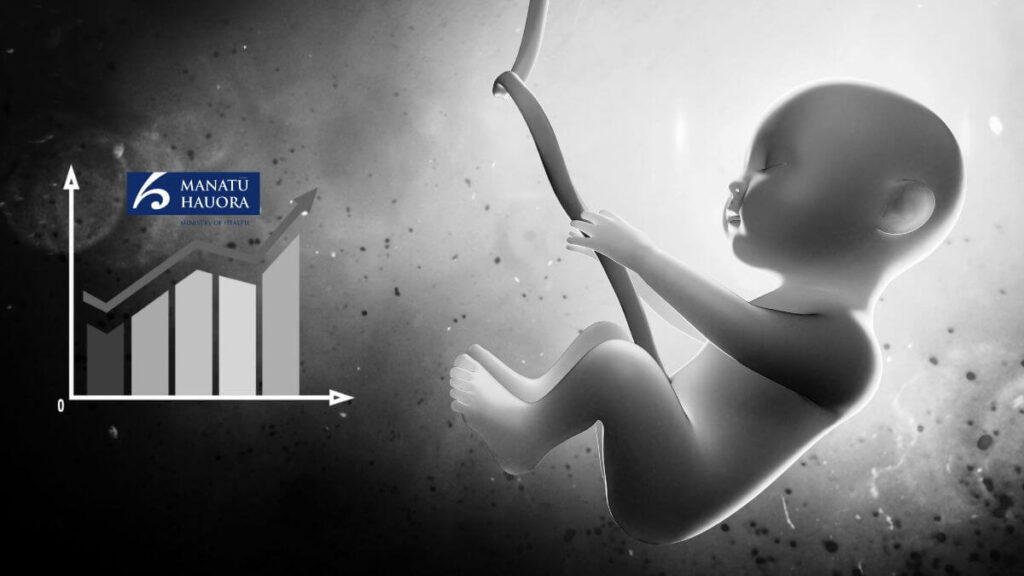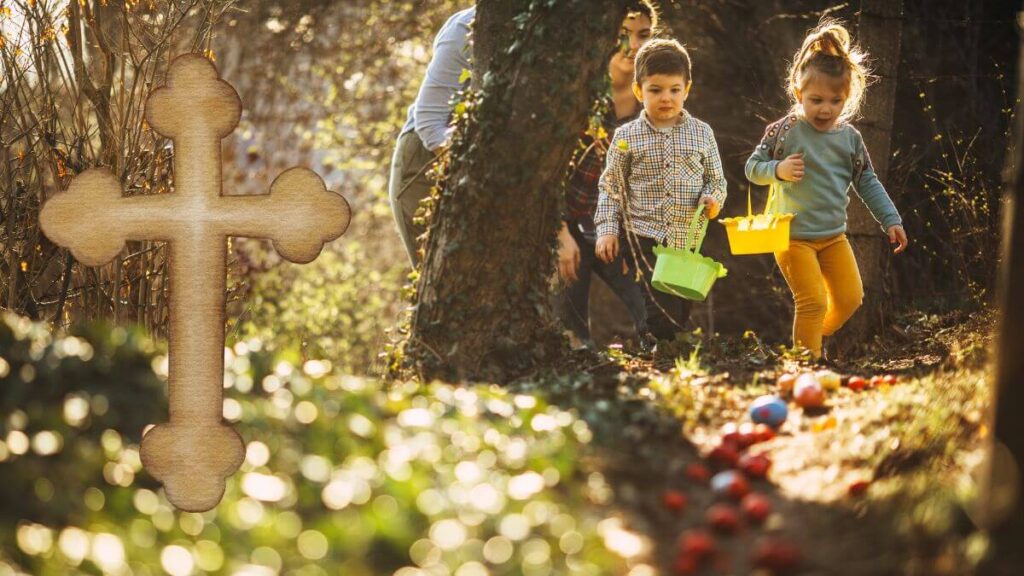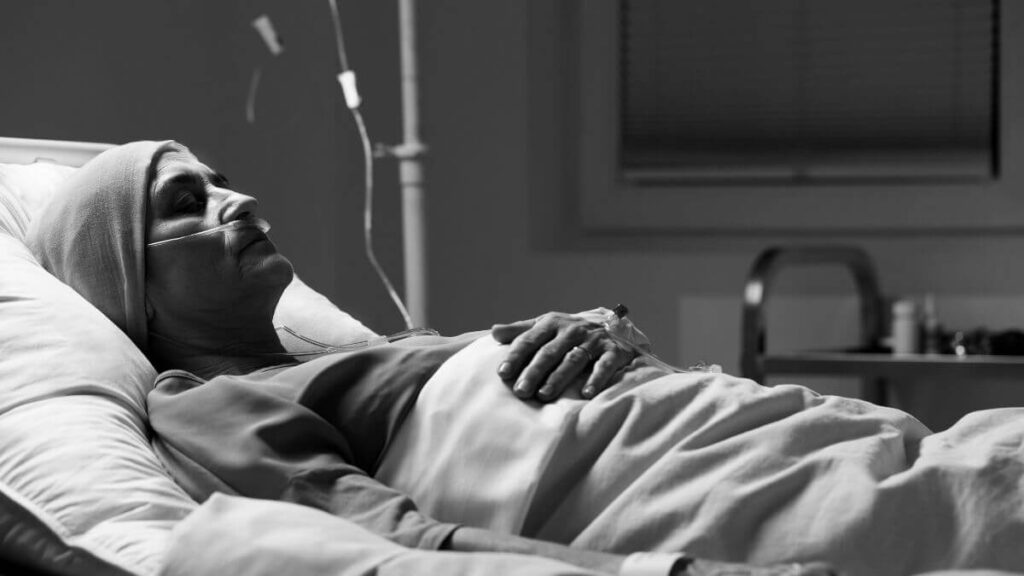Media Release 15 June 2018
A new report on imprisonment rates and contributing factors argues that the ‘elephant in the room’ is family structure, and that if the government does not want to keep building more prisons, it needs to look to the children who are potentially tomorrow’s offenders and acknowledge the role family plays. The report is entitled “Imprisonment & Family Structure: What is the evidence telling us?”
“Data from other developed nations shows a minority of prisoners grew up with both natural parents. A number of studies have found that growing up with a step-parent (or serial step-parents) is a particular risk factor for later incarceration. Biological parents appear to provide a protective role which replacement parents do not. The strongest predictor for imprisonment is growing up in state care – the ultimate consequence of family or whanau breakdown. Several researchers have shown that family factors – in particular, family structure – have greater impact on future risk of criminal offending than socio-economic factors, albeit the two are closely intertwined,” says author Lindsay Mitchell.
“There is no public messaging about the critical importance of parental commitment to each other and their child. The community is a poor substitute for caring, committed parents.”
The report notes that Maori make up around half of the current prison population but only 15% of the general population, yet this over-representation is a relatively recent development influenced by rapid urbanisation and the loss of whanau support systems. A sharp increase in unmarried births during the 1960s correlates markedly with a later rise in the imprisonment rate. Ex-nuptial births made up 79% of total Maori births in 2017, but for non-Maori, the corresponding figure was 34%. Many minorities in developed countries display the same over-representation in prisons and high rates of unmarried births.
“A pronounced risk factor for becoming a prisoner is having a family member who is or has been incarcerated; especially a father. Inter-generational imprisonment has been identified in NZ, more strongly among Maori. Coincidental to this is the documented increased likelihood that very young Maori men will also be fathers, anecdotally, with children by more than one mother. International research shows a direct causal link between male imprisonment and female Multiple Partner Fertility (MPF),” says Ms Mitchell.
“However. there are some positive developments. Teenage birth rates – Maori and non-Maori – are falling, and critically at-risk children are increasingly being put into permanent as opposed to temporary care placements. Internationally, specialised male prison units focused on family and fathering are not only reducing recidivism but producing other positive outcomes such as climbing school attendance rates amongst the children of inmates. There is also NZ evidence mother-with-baby prison facilities and Maori Focus Units lower reoffending rates.”
“But while too many children continue to be born into high-risk circumstances – to unstable, uneducated and unsupported single parents – there is little prospect, all else being equal, of a diminishing imprisonment rate any time soon.”
The report follows on from two earlier reports, also written by the same author. “CHILD ABUSE & FAMILY STRUCTURE: What is the evidence telling us?” (released in November 2016) argued that the growth of child abuse has accompanied a reduction in marriage and an increase in cohabiting and single-parent families. “CHILD POVERTY & FAMILY STRUCTURE: What is the evidence telling us?” (released in May 2016) said that while unemployment, low wages, high housing costs and insufficient social security benefits are consistently blamed for child poverty, a major culprit – if not the major culprit – is family malformation, that is, a lack of two married committed parents.
All three reports have been written by welfare commentator and researcher Lindsay Mitchell and examine historical change in family structure and the effect on child poverty, child abuse and imprisonment.
Family First NZ is welcoming the report and calling on politicians and policymakers to develop policies which support marriage – including free counselling, income-splitting, removal of the marriage tax penalty, tax incentives for stable marriages – and promoting the strong formation of families and preventing the breakdown of families.
“Children being raised by their married biological parents are by far the safest from violence, poverty, and imprisonment – and so too are the adults,” says Bob McCoskrie, National Director of Family First NZ.
“Whenever marriage is promoted, it has often been labelled as an attack on solo or divorced parents, and that has kept us from recognising the qualitative benefits of marriage which have been discovered from decades of research. In virtually every category that social science has measured, children and adults do better when parents get married and stay married – provided there is no presence of high conflict or violence. This is not a criticism of solo parents. It simply acknowledges the benefits of the institution of marriage, and the strong formation of families with parents committed to each other and to their children.”
The paper has been endorsed by criminologist Greg Newbold who says;
“Overall, I found the ‘Imprisonment and Family Structure’ project to have been comprehensively researched, intelligently analysed and compellingly written. The logic of its structure and argument reinforced its conclusions, underlining its importance as a reliable guide to future policy. Its wealth of figures and data, concisely encapsulated in text as well as in its many graphs and tables, makes it essential reading for anyone seeking a solution to New Zealand’s burgeoning prison crisis.”



